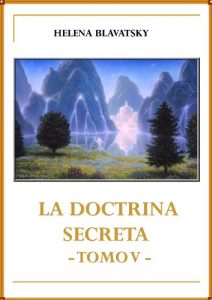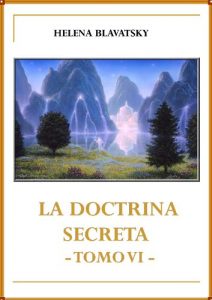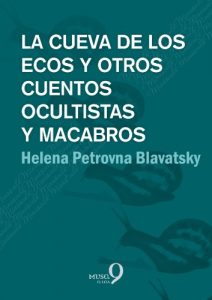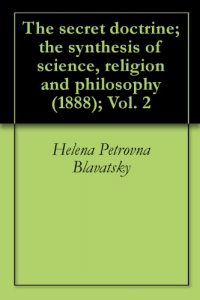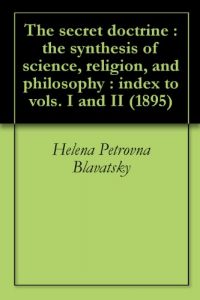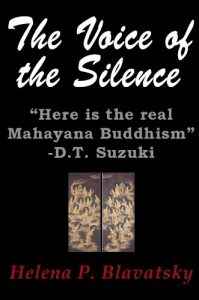THE following pages are derived from "The Book of the Golden Precepts," one of the works put into the hands of mystic students in the East. The knowledge of them is obligatory in that school, the teachings of which are accepted by many Theosophists. Therefore, as I know many of these Precepts by heart, the work of translating has been relatively an easy task for me.
It is well known that, in India, the methods of psychic development differ with the Gurus (teachers or masters), not only because of their belonging to different schools of philosophy, of which there are six, but because every Guru has his own system, which he generally keeps very secret. But beyond the Himalayas the method in the Esoteric Schools does not differ, unless the Guru is simply a Lama, but little more learned than those he teaches.
The work from which I here translate forms part of the same series as that from which the "Stanzas" of the Book of Dzyan were taken, on which the Secret Doctrine is based. Together with the great mystic work called Paramartha, which, the legend of Nagarjuna tells us, was delivered to the great Arhat by the Nagas or "Serpents" (in truth a name given to the ancient Initiates), the "Book of the Golden Precepts" claims the same origin. Yet its maxims and ideas, however noble and original, are often found under different forms in Sanskrit works, such as the Dnyaneshwari, that superb mystic treatise in which Krishna describes to Arjuna in glowing colours the condition of a fully illumined Yogi; and again in certain Upanishads. This is but natural, since most, if not all, of the greatest Arhats, the first followers of Gautama Buddha were Hindus and Aryans, not Mongolians, especially those who emigrated into Tibet. The works left by Aryasanga alone are very numerous.
It is well known that, in India, the methods of psychic development differ with the Gurus (teachers or masters), not only because of their belonging to different schools of philosophy, of which there are six, but because every Guru has his own system, which he generally keeps very secret. But beyond the Himalayas the method in the Esoteric Schools does not differ, unless the Guru is simply a Lama, but little more learned than those he teaches.
The work from which I here translate forms part of the same series as that from which the "Stanzas" of the Book of Dzyan were taken, on which the Secret Doctrine is based. Together with the great mystic work called Paramartha, which, the legend of Nagarjuna tells us, was delivered to the great Arhat by the Nagas or "Serpents" (in truth a name given to the ancient Initiates), the "Book of the Golden Precepts" claims the same origin. Yet its maxims and ideas, however noble and original, are often found under different forms in Sanskrit works, such as the Dnyaneshwari, that superb mystic treatise in which Krishna describes to Arjuna in glowing colours the condition of a fully illumined Yogi; and again in certain Upanishads. This is but natural, since most, if not all, of the greatest Arhats, the first followers of Gautama Buddha were Hindus and Aryans, not Mongolians, especially those who emigrated into Tibet. The works left by Aryasanga alone are very numerous.

